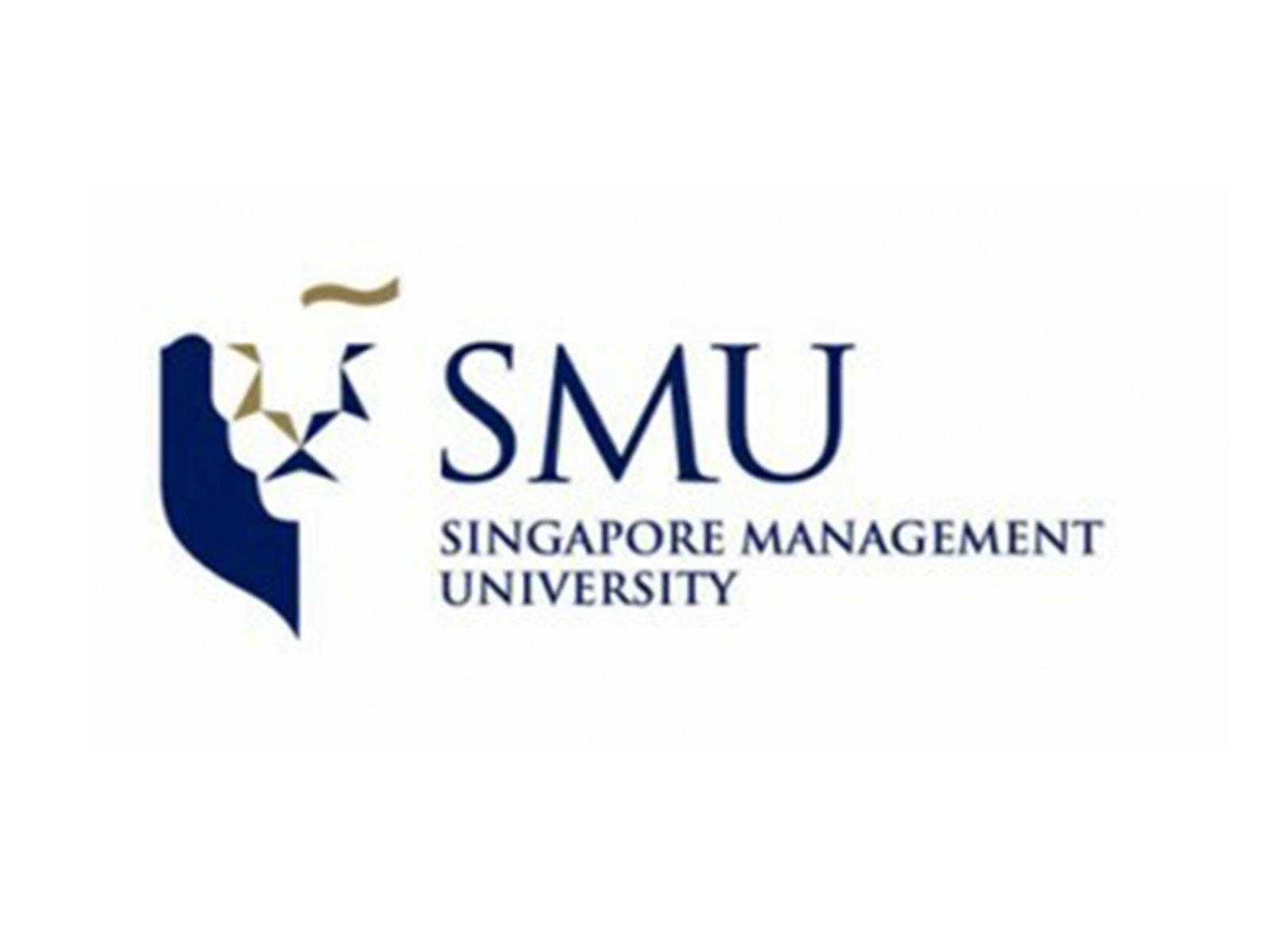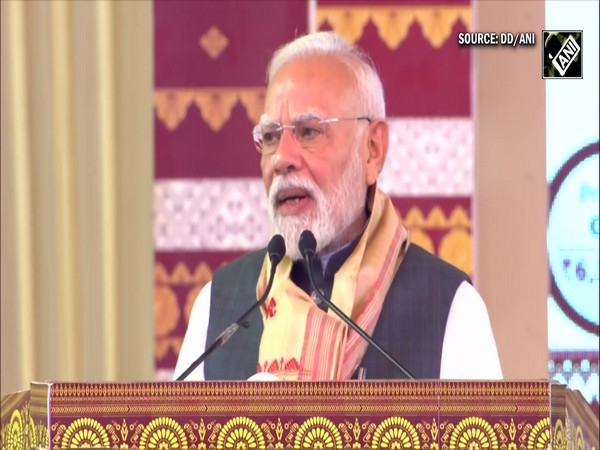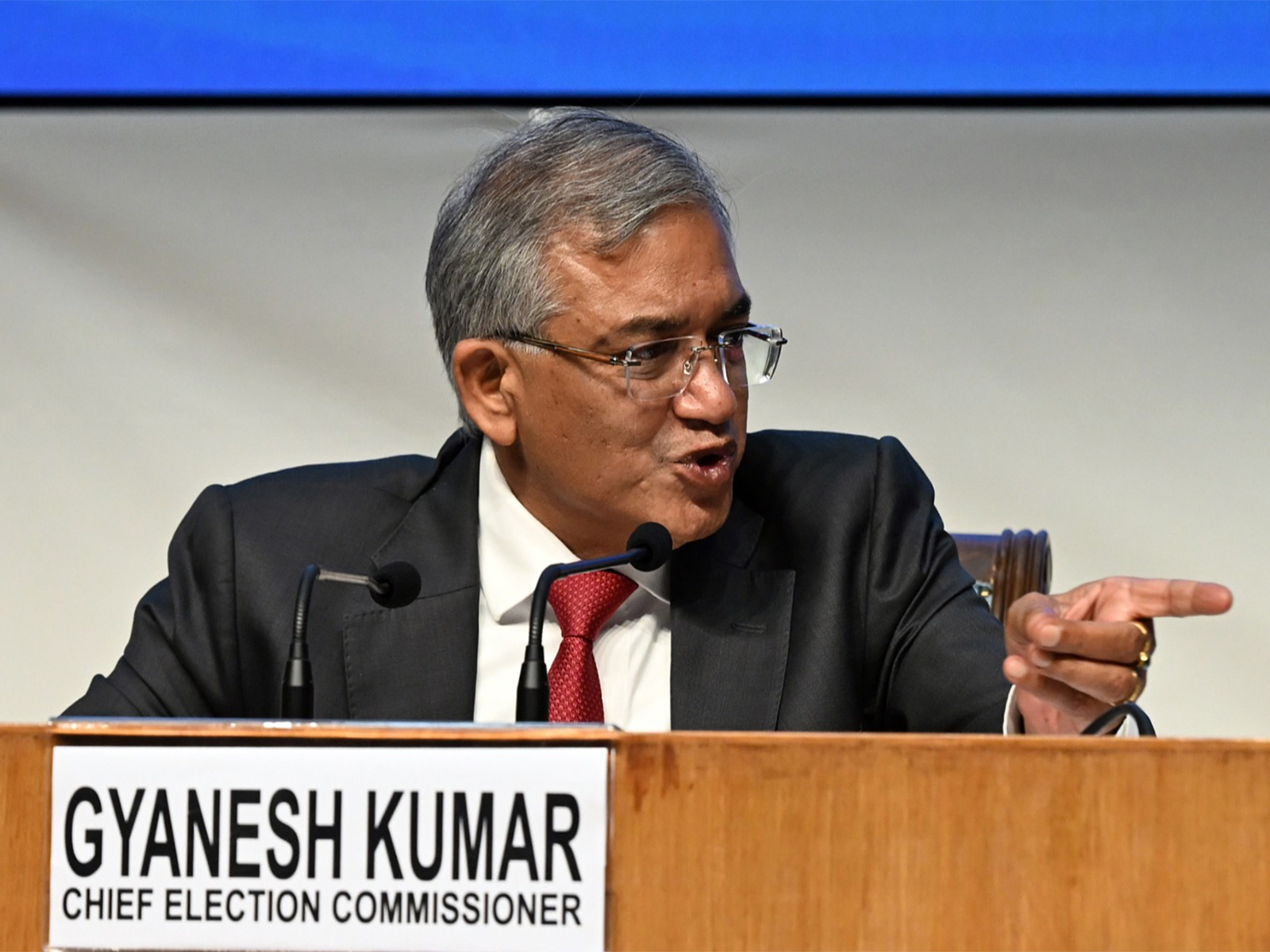
Taiwan GDP per capita lead over Korea attributed to TSMC, AI boom
Sep 17, 2025
Taipei [Taiwan], September 17 : Yeh Chun-hsien, head of the National Development Council (NDC), on Wednesday attributed Taiwan's forecast lead over South Korea in gross domestic product (GDP) per capita in 2025 to the success of Taiwan Semiconductor Manufacturing Co. (TSMC) and a boom in artificial intelligence applications, as per a report by Focus Taiwan.
According to the Focus Taiwan report, Yeh's comments came after The Korea Economic Daily recently reported that Taiwan is expected to surpass South Korea in GDP per capita in 2025 for the first time in 22 years, citing forecasts from Taipei and Seoul's agencies. The report said Taiwan's GDP per capita will reach USD 38,066 this year, compared with South Korea's USD 37,430.
Speaking with reporters, Yeh said he foresaw such a trend several years ago, as Taiwan has strong potential to post a GDP per capita higher than South Korea's.
Yeh said TSMC has played a critical role in the competition with South Korea, as the contract chipmaker has cemented its lead in the global pure foundry business -- a lead expected to continue for at least the next five to 10 years.
Taipei-based advisory firm TrendForce Corp. said in a recent report that TSMC's global market share rose to a record 70.2 percent in the second quarter of this year, up from 67.6 percent in the first quarter, on the back of the fast-growing AI sector. The Focus Taiwan reported that TSMC left far behind Samsung Electronics Co.'s Samsung Foundry of South Korea, which ranked second with a 7.3 percent share.
Yeh said TSMC, as a contract chipmaker without launching its own brand, has won clients' trust by never competing with them and by providing tailored products to satisfy their needs, while its working culture has also contributed to its success.
In addition, Yeh said, the government's restrictions on technology exports have protected Taiwan's tech industry from strong foreign competition and allowed companies like TSMC to maintain their global lead.
Yeh further said Taiwan's tech firms have positioned themselves well in price negotiations with clients in advanced processes, semiconductors, and artificial intelligence devices. "Even though the Taiwan dollar appreciated against the U.S. dollar, Taiwan's niche products have still given exporters bargaining chips in price negotiations," he said.
He added that as global demand for AI applications remains solid, TSMC and Taiwan's economy as a whole will continue to benefit this year. "It is very possible for local GDP growth to top 4 percent this year," Yeh said.
The Directorate General of Budget, Accounting and Statistics (DGBAS) has forecast Taiwan's GDP will grow 4.45 percent, an upgrade from an earlier estimate of 3.10 percent.
Yeh said South Korea has invested heavily in China and depends significantly on the Chinese market, so a supply glut among Chinese firms has hurt Korean companies and affected South Korea's GDP.
In addition, Yeh said, some South Korean products have been gradually replaced by Chinese goods, particularly in the auto industry. By contrast, Taiwan's technology export restrictions have helped TSMC continue to grow, Yeh added.

























